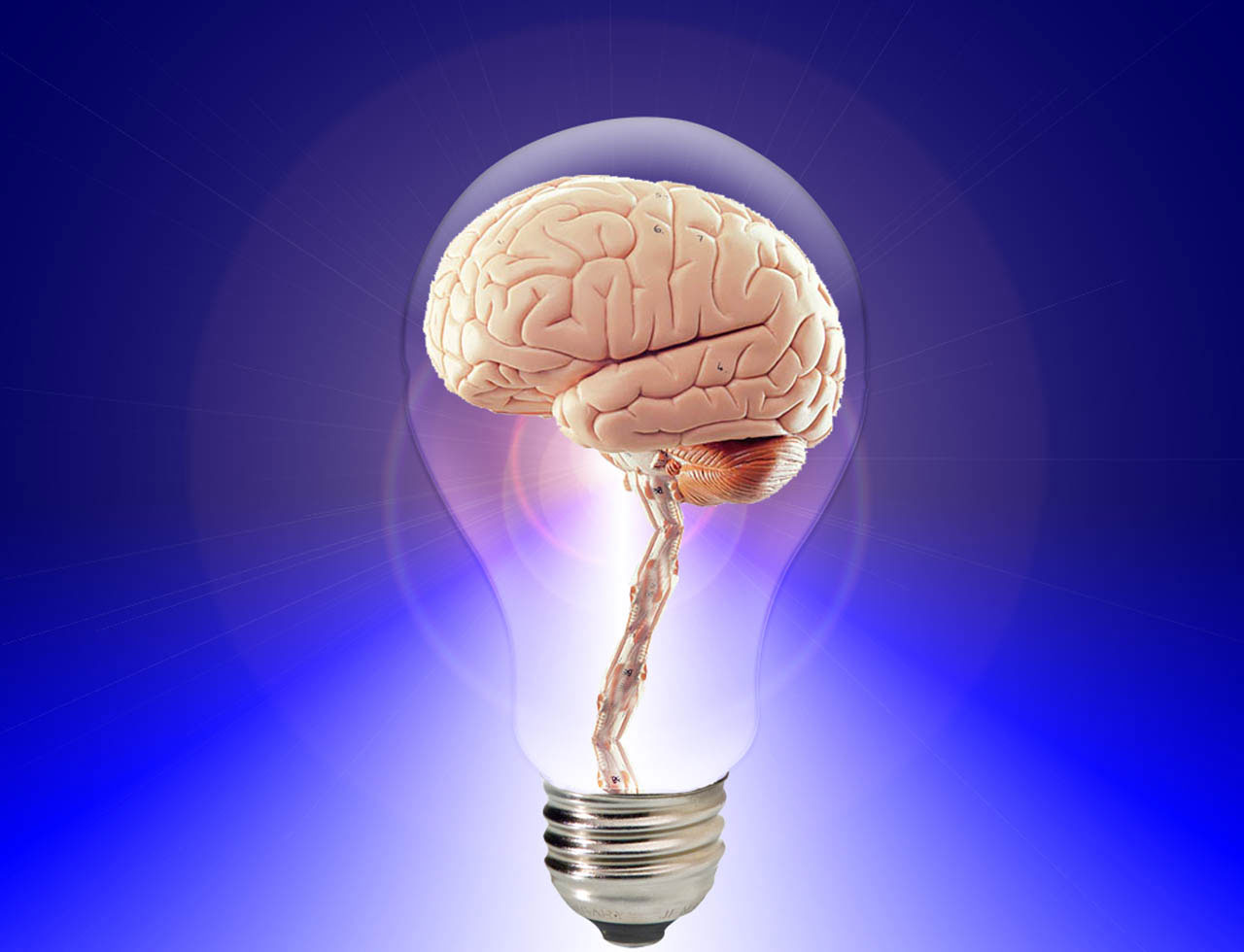 From Horizon: the EU Research and Innovation Magazine,
From Horizon: the EU Research and Innovation Magazine,
Our brains make sense of the world by predicting what we will see and then updating these predictions as the situation demands, according to Lars Muckli, professor of neuroscience at the Centre for Cognitive Neuroimaging in Glasgow, Scotland. He says that this predictive processing framework theory is as important to brain science as evolution is to biology.
From an interview with neuroscientist Lars Muckli,
‘The main purpose of the brain, as we understand it today, is it is basically a prediction machine that is optimising its own predictions of the environment it is navigating through. So, vision starts with an expectation of what is around the corner. Once you turn around the corner, you are then negotiating potential inputs to your predictions – and then responding differently to surprise and to fulfilment of expectations.
‘So that’s what’s called the predictive processing framework, and it’s a proposed unifying theory of the brain. It’s basically creating an internal model of what’s going to happen next.’
Yes, when we switch on a light in the office, we know roughly what we expect to see. And also know what we can expect to see in typical unpredictable situations:
‘You have forward models, so while you’re cycling, you predict the trajectory of the cars, of your own movement on the entire world, in real time. You update your predictions (of) the future model that you create in order to cycle through the city without being run over.
Where does evolution come in, specifically?
We seem to have this capability of mind-wandering and predicting alternative scenarios in (the) future. We think about: “What am I going to do tonight? Should I go to the shops?” And you do this while you’re cycling on your bike and so on, and it seems like you’re doing three things at a time – thinking about planning your birthday, riding your bike and also calculating your next bill. There seems to be two scenarios, the emerging now, and the alternative – the plan.
‘How did this evolve? What are the rules? And how is this created? Since it’s happening in the brain, then we need to find a description for that – how is the mind wandering?’ More.
It doesn’t sound as though the theory exists as yet. The Human Brain Project, which involves computer science, neuroscience, computational neuroscience, robotics and medicine, hopes to develop a theory.
They will, we hope, be cautious. There is no shortage of forgettable and conflicting theories as to how the human mind evolved.
See also: Researcher asks, if ecology caused the human brain to grow so large, what about the role of language?
Human evolution researchers: Social challenges decreased brain size Mathematical models are probably the closest thing to literary fiction that science offers. Ferrero tells us, “[o]ur approach offers a new way to understand brain evolution using little more than some maths.” It is good that no more resources were wasted on a thesis so inconclusive.
Homo naledi’s small but sophisticated brain challenges belief in “an inevitable march towards bigger, more complex brains.”
and
Human origins: The war of trivial explanations